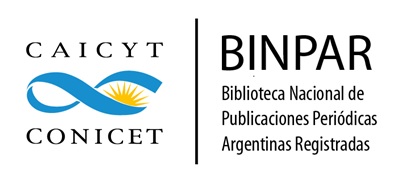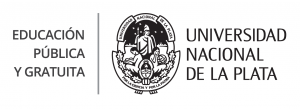Journalist and calibanes: the students answer to the diary
Keywords:
Communication media, young, discourse, violenceAbstract
In August 2012, one of the most important morning newspaper of Córdoba (Argentine) published a news about assumption local school´s students«fight championships» that had occurred after class. This article occupied the central site on the newspaper´s cover and replicated widely in other media. The text take part in the discursive framework that considerate youth as subjects of violence, and subsidiarity, subjects that had lack of social relevant interests. From the school Communication´s Area, critical reflection took place and it was about the significant used to describe the students. Besides, a meeting was arranged with students, teachers and newspaper´s authorities. This event allows us to question our own condition of citizens in faced of communication media, even though this exercises of demand don´t turn into a regular practice.Downloads
Metrics
Downloads
Published
How to Cite
Issue
Section
License
The acceptance of an original by the journal implies the non-exclusive transfer of the patrimonial rights of the authors in favor of the publisher, who allows the reuse, after its edition (postprint), under a Creative Commons License Attribution-NonCommercial-ShareAlike 4.0 International.
According to these terms, the material can be shared (copy and redistribute in any medium or format) and adapted (remix, transform and create another work from the material), provided that a) the authorship and the original source of their publication (magazine and URL of the work) are cited, b) is not used for commercial purposes and c) the same terms of the license are maintained.
The assignment of non-exclusive rights implies that after postprint in Revista Argentina de Estudios de Juventud authors may publish their work in any language, media and format; in that case, it is requested that they signal that the material was originally published by this journal.
Assignment also entails the authors’ authorization for the work to be collected by SEDICI, the institutional repository of the Universidad Nacional de La Plata, and for it to be indexed in the databases that the publisher thinks appropriate for enhancing the visibility of the published work and its authors.
In addition, the journal encourages authors to submit their works to other institutional and thematic repositories after their publication in Revista Argentina de Estudios de Juventud, under the assumption that offering society unrestricted access to scientific and academic production contributes to a greater exchange in global knowledge.

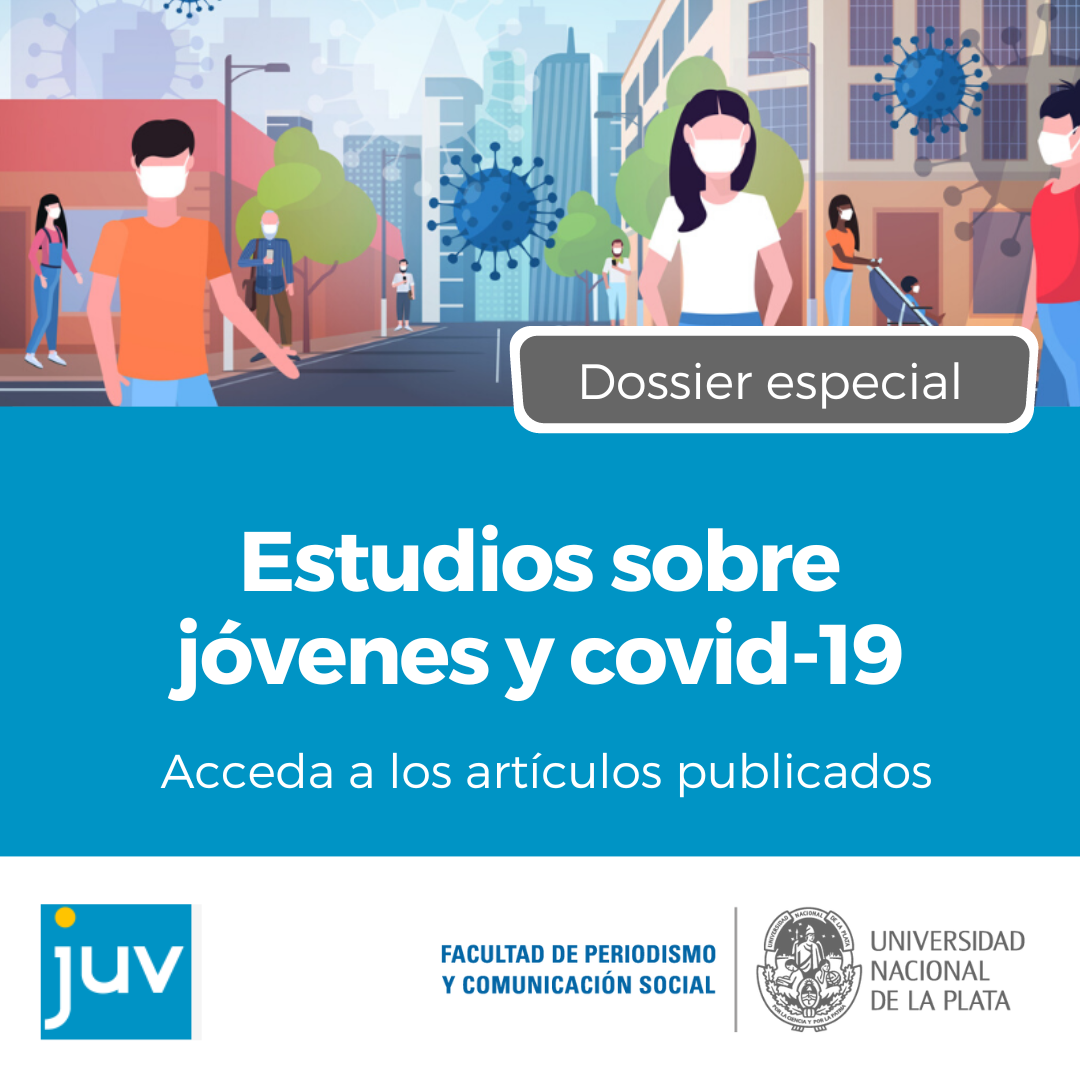




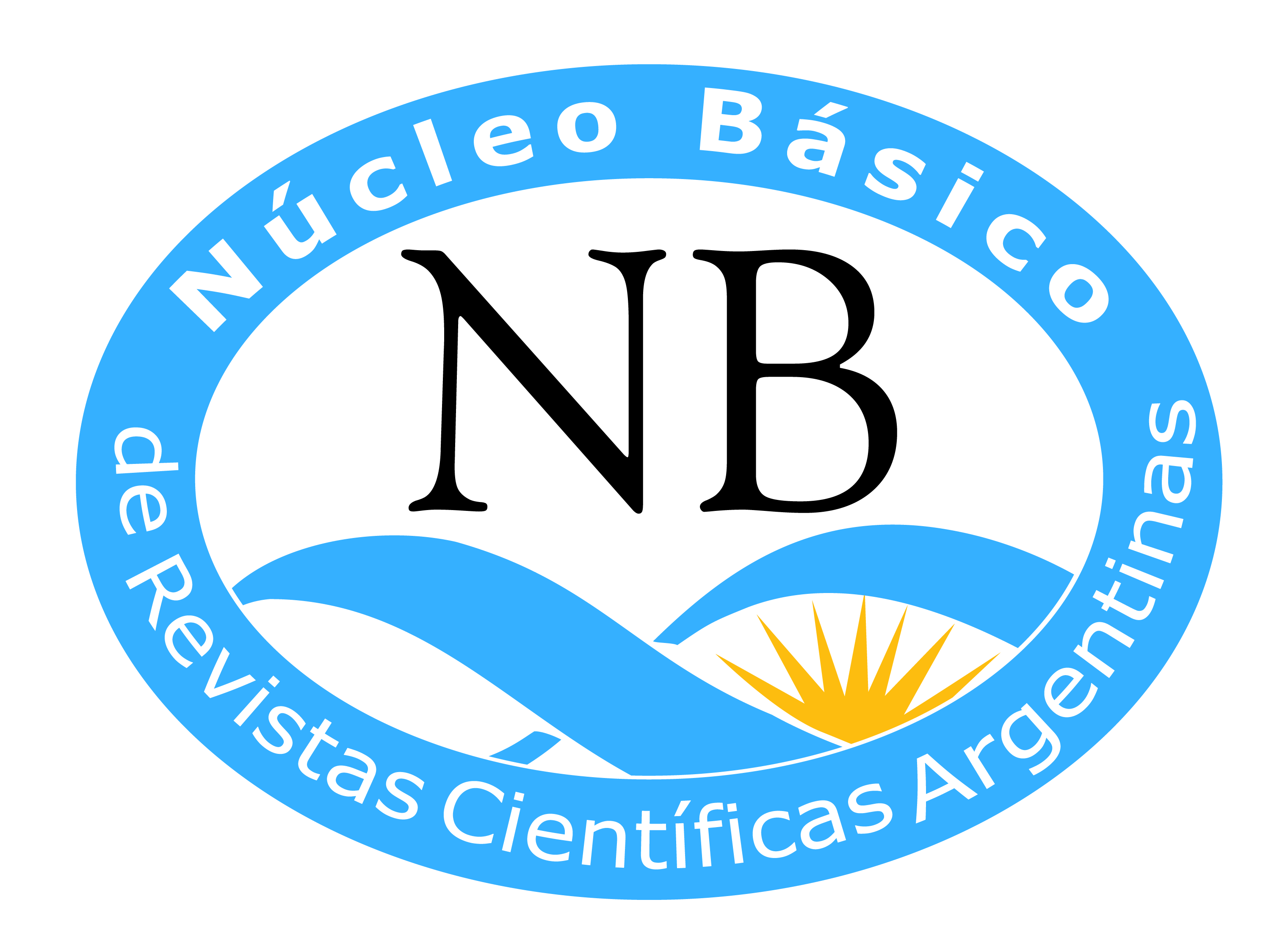
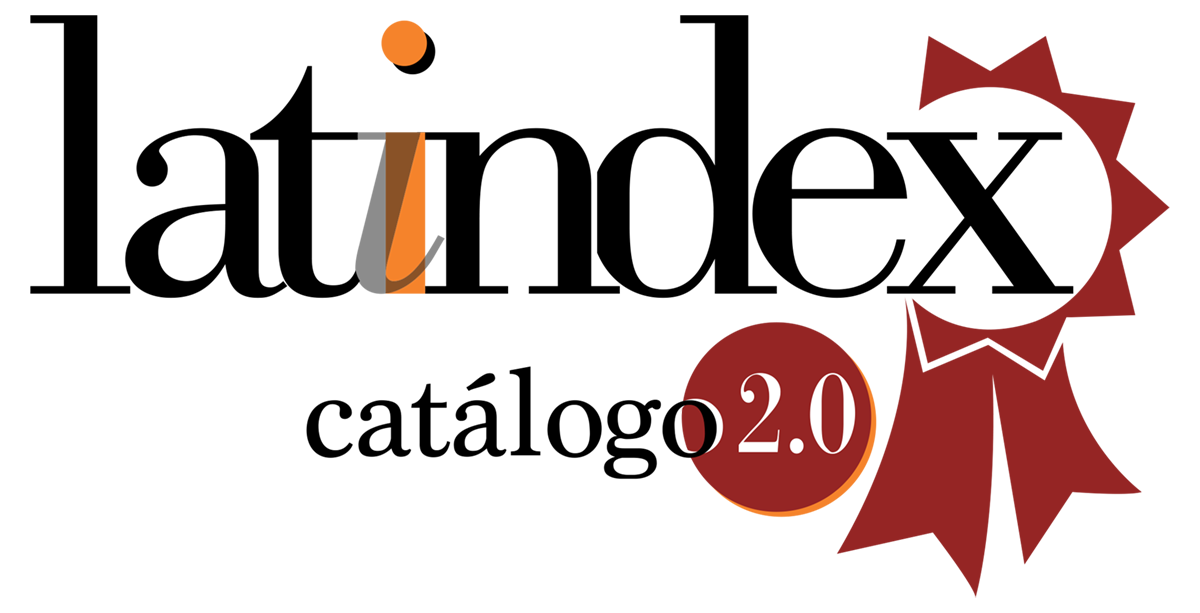

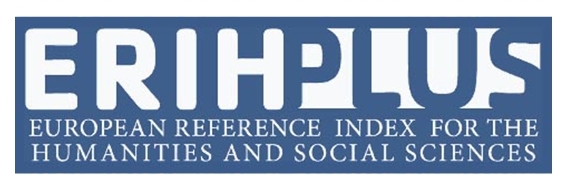



.png)















